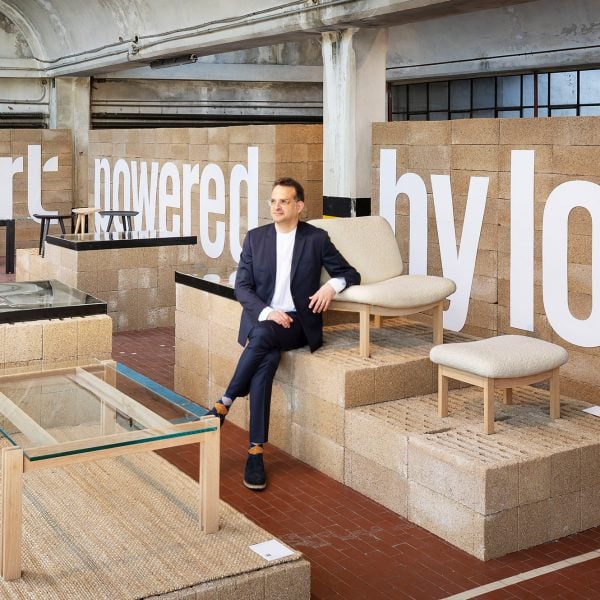Architect Amos Goldreich has launched a furniture brand that spotlights the design legacy of his mother, interior architect Tamar de Shalit, ahead of his more famous father, designer and activist Arthur Goldreich.
Launched during Milan design week, Tamart’s inaugural collection features 10 furniture objects based on the archive of the late couple, a collection of more than 10,000 drawings, photographs, documents and prototypes.
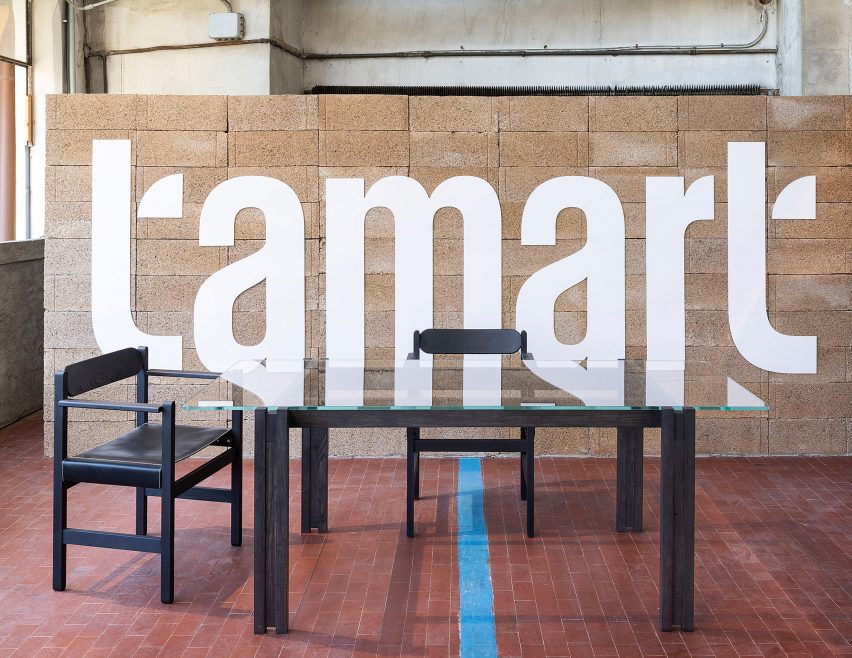
South African-born Arthur Goldreich is more well-known than his Israeli wife, particularly because of his role in the anti-apartheid movement. He was arrested and imprisoned in 1963 after helping Nelson Mandela to hide from police.
Goldreich also founded the architecture and design faculty at the Bezalel Academy of Arts and Design in Jerusalem.
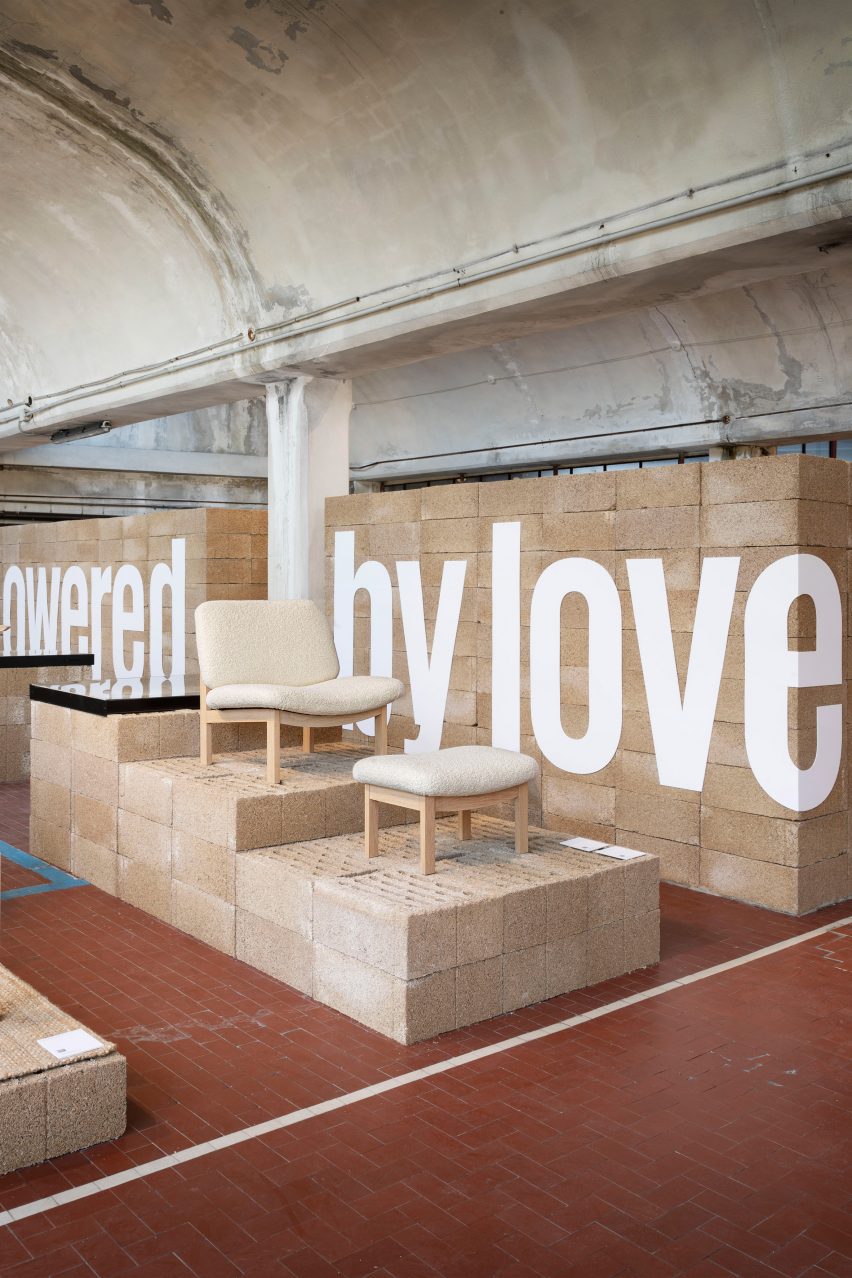

By naming the brand Tamart, an amalgamation of Tamar and Arthur, Amos Goldreich has deliberately put De Shalit in the spotlight as the driving force behind the creative partnership.
“In some aspects, she was the better designer,” explained the London-based architect, speaking to Dezeen ahead of the launch.
“They worked on projects together, but my father was very involved in academia so he had less time to spend on architecture. In some projects you see more of her, others are more him, then there are some with an overlap.”
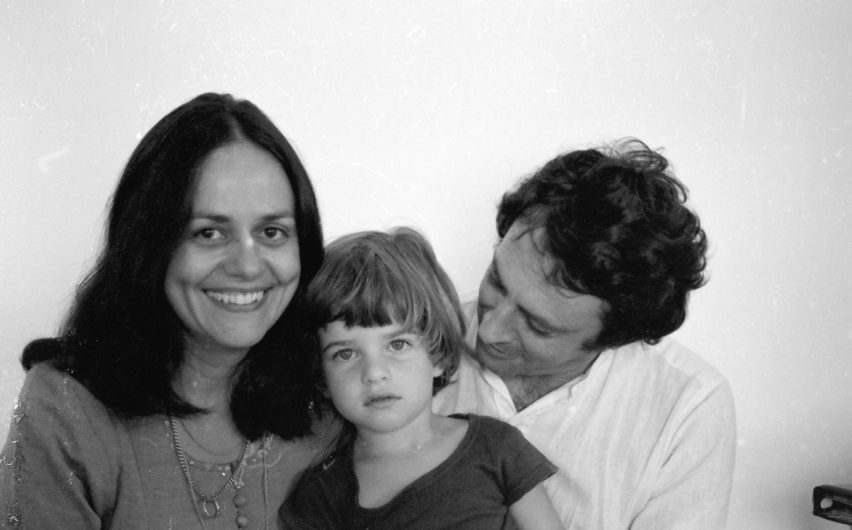

Goldreich is keen to highlight his mother’s non-nonsense attitude. This, combined with her attention to detail, led De Shalit to design interiors for a series of major projects.
She designed a courtroom to host the trial of Nazi officer Adolf Eichmann in Jerusalem in 1961 and worked on numerous projects in collaboration with architect Nahum Zolotov, described by Goldreich as “the Israeli Niemeyer”.
“My father liked attention – he was always the centre of the room – while my mother was the quiet one. She didn’t look for the limelight,” Goldreich told Dezeen.
“But she was a tough cookie,” he added. “You can see it from the letters she wrote to clients.”
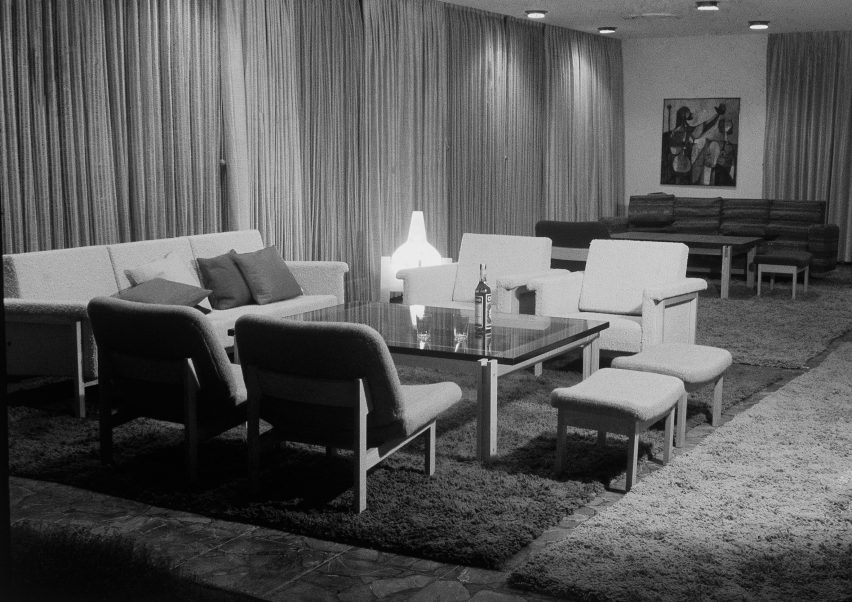

Goldreich only discovered the wealth of projects in his parents’ archive when he inherited it after they died, De Shalit in 2009 and Goldreich in 2011.
“I knew of maybe 10 important projects growing up, but I uncovered dozens more,” he said. “I was blown away.”
“It was the start of an emotional journey of rediscovering my parents and learning things I didn’t know about them.”
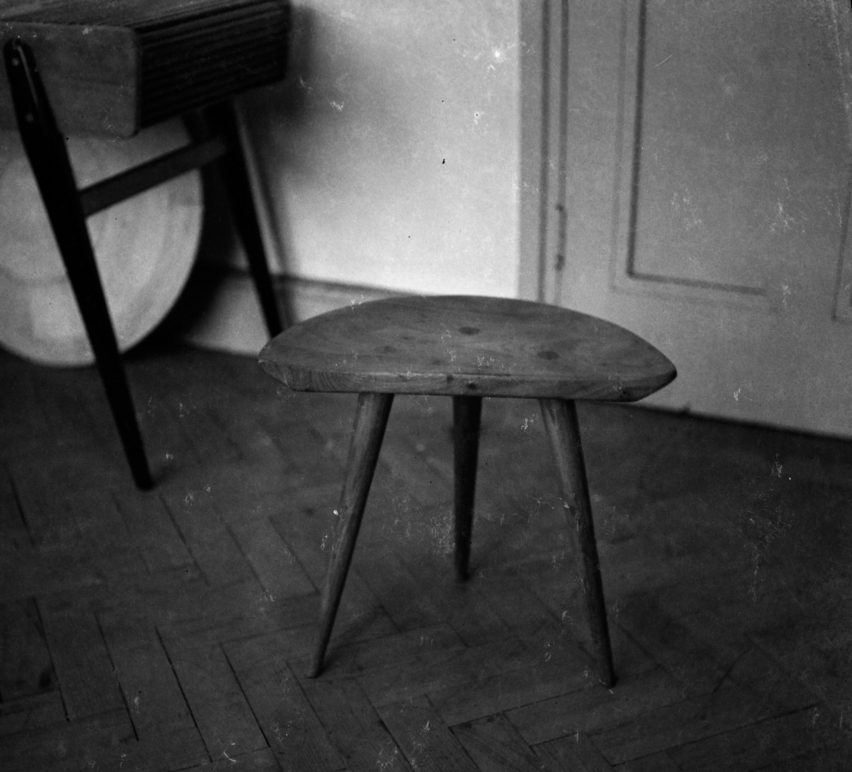

After staging an exhibition in 2018, at the Herzliya Museum of Contemporary Art in Jerusalem, the architect decided to redevelop some of the furniture designs for a contemporary market.
The results were presented in the show Tamart: Powered by Love, which was on show as part of the Milan design week exhibition Design Variations by Mosca Partners.
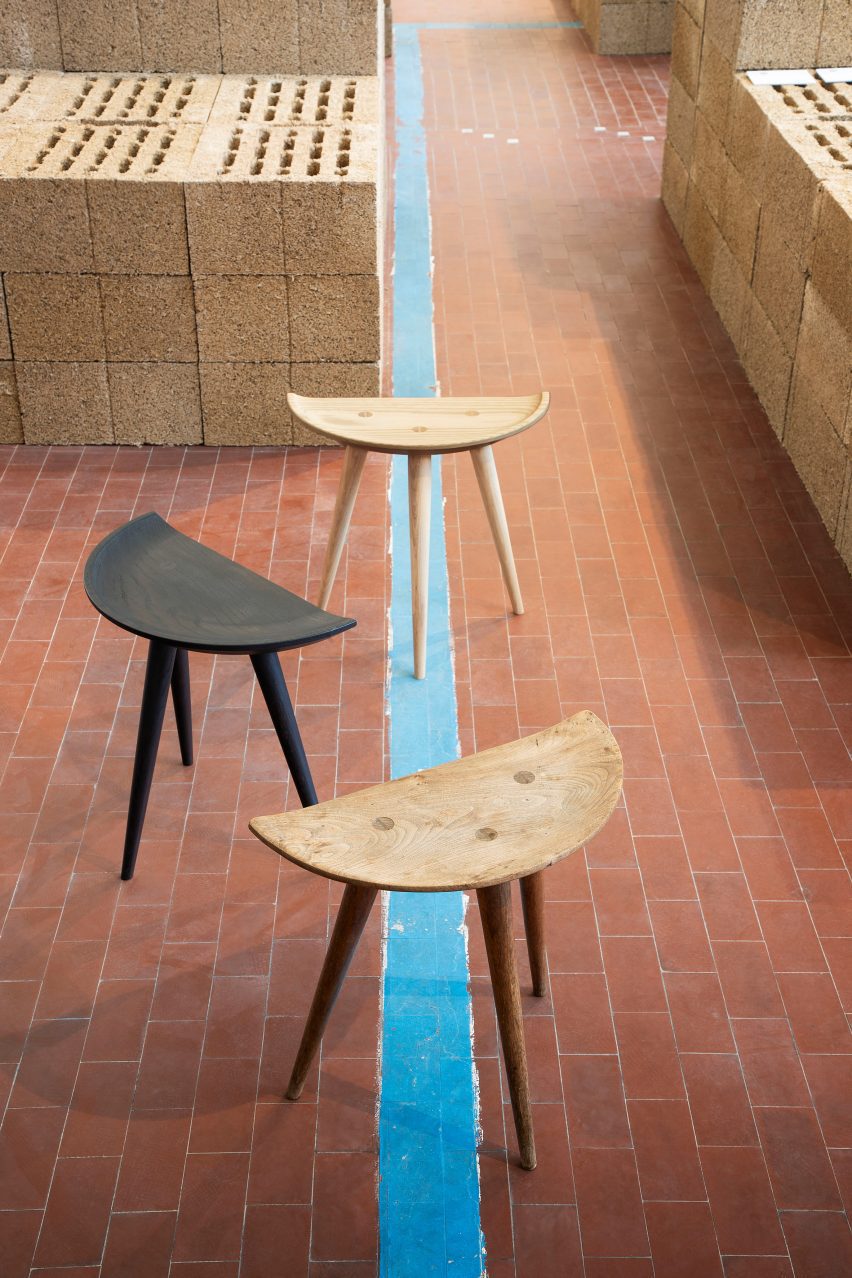

A significant piece in the launch collection is the Central Stool, which is based on a design that De Shalit produced as a student at London’s Central School of Arts and Crafts
De Shalit and Goldreich first met while studying here in the 1950s, although they didn’t marry for another decade. It wasn’t until after Goldreich escaped from police custody in Johannesburg in 1963 and fled to Israel as a political refugee.
The Central Stool features three angular, tapered legs and a semi-circular seat. It can double as a small side table if leaned against a wall or paired with a second.
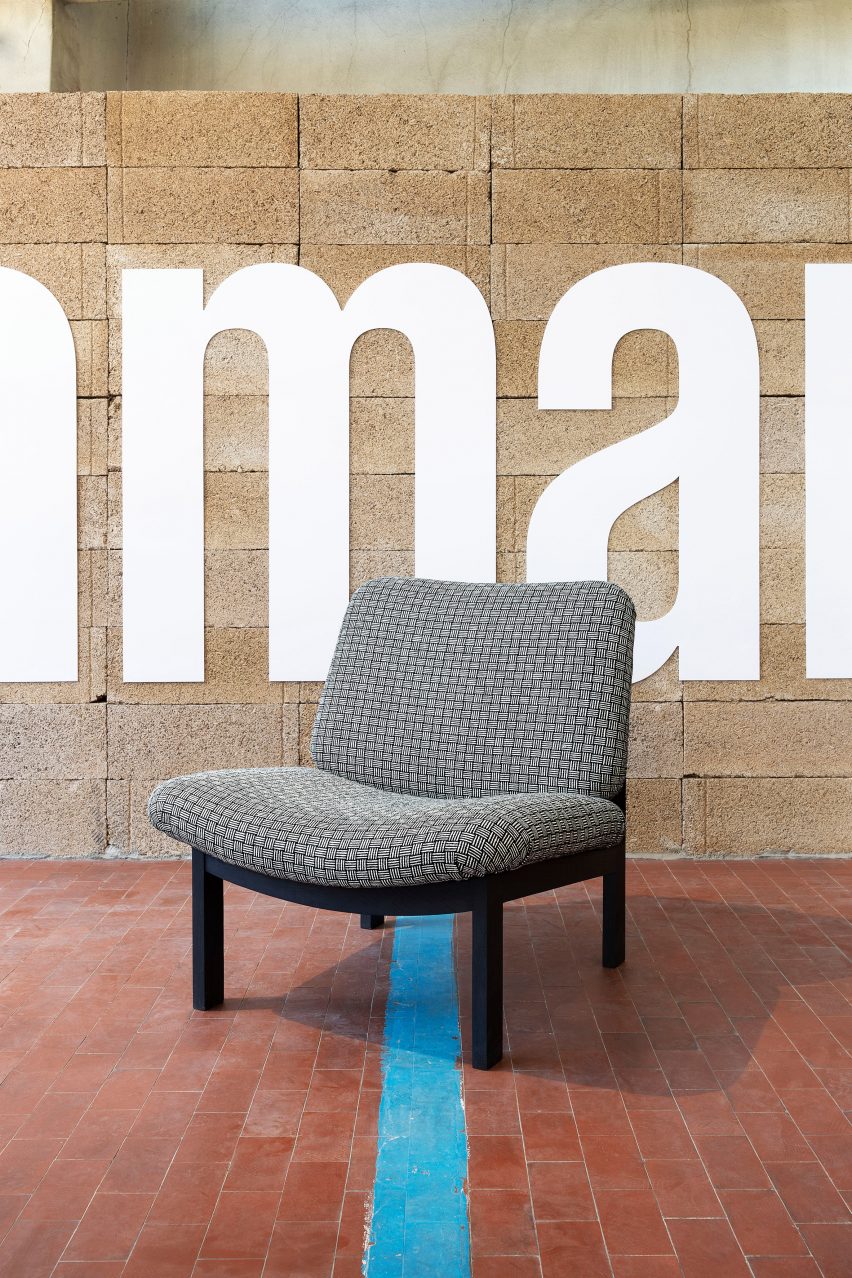

The collection also includes various pieces that were originally designed for a prestigious commission for the penthouse of entrepreneur and philanthropist Charles Clore, including a curved lounge chair and a geometric coffee table.
One of the more playful designs in the collection is the Red Rock Club Chair, designed for a Las Vegas club. The backrest of this chair is topped by a pair of spherical handles, giving people standing nearby something to hold.
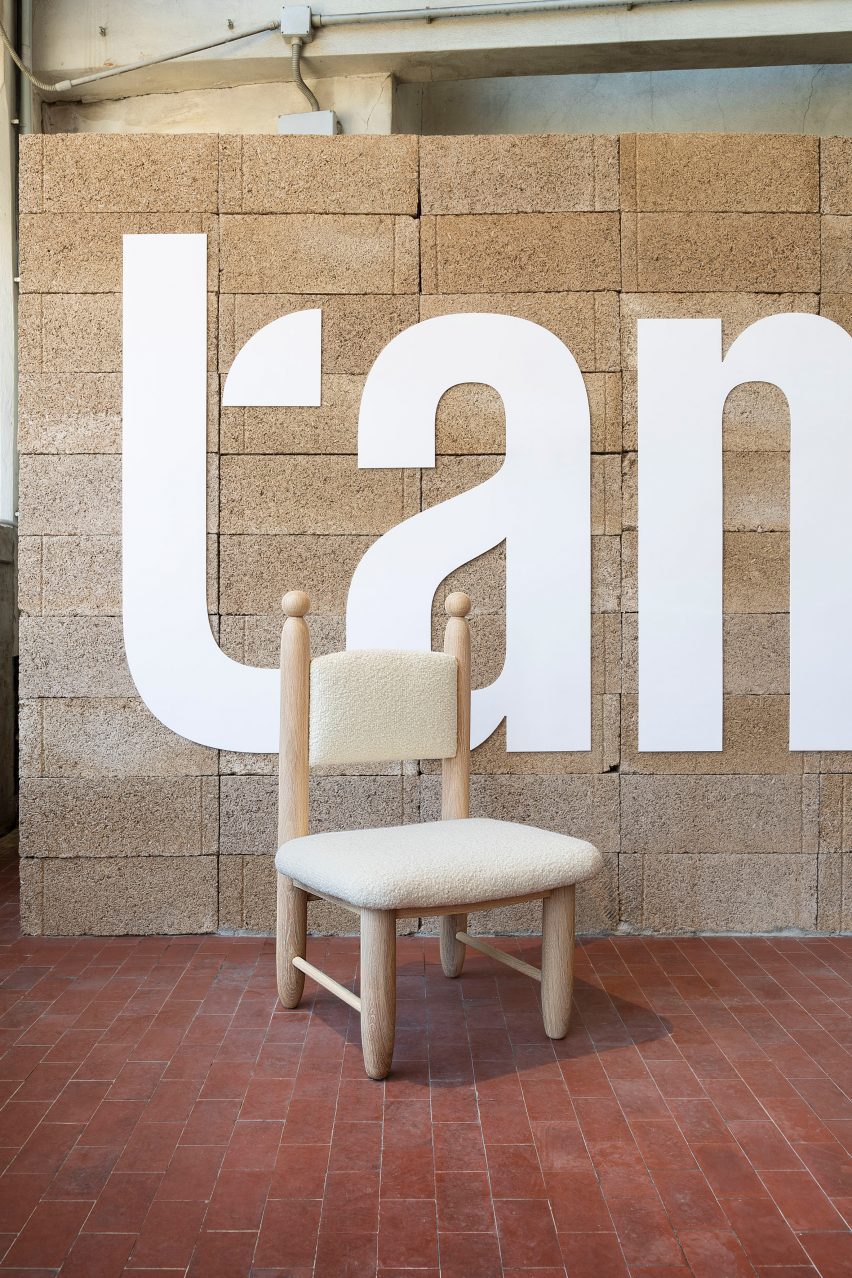

The Highgate Chair is the most reworked of the designs. It is based on archive photos but has some new features, including a tilted, pill-shaped backrest and a leather seat that can be re-tensioned.
Goldreich worked with furniture designer Adrian Weidmann to adapt the designs for modern manufacturing techniques and sustainability standards. For instance, they have avoided using any upholstery foam.
Fabric options include Contrast, a woven wool textile based on a patterned scarf that De Shalit designed.
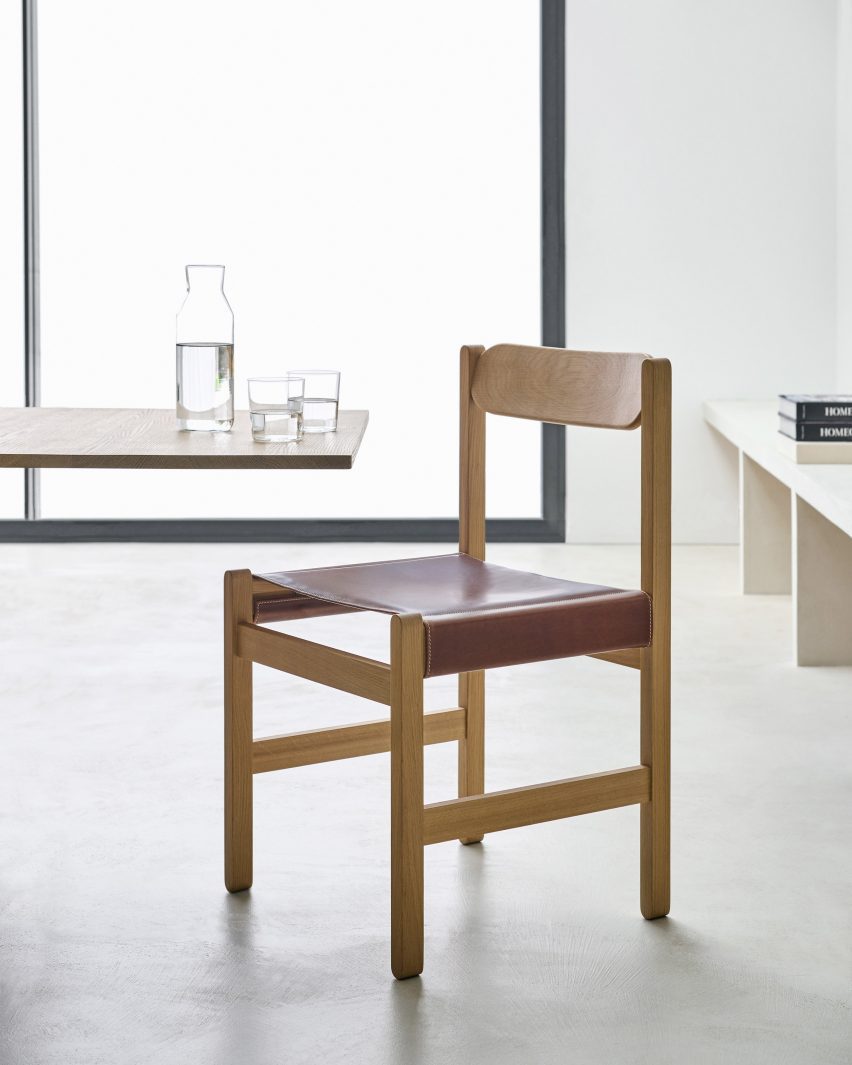

The architect sees the project as a collaboration between himself and his parents.
“These things were designed in the 1960s and things have evolved since then, so some dimensions had to be adjusted,” he said. “We also had to rely on photographs and do a lot of guesswork.
“It’s like I’m working with my parents and I have an opportunity to put my own stamp on it,” he said.
He believes his father would be thrilled with the project, while his mother would bring a more critical eye. “She was always the more pragmatic one,” he noted.
Tamart: Powered by Love takes place from 15 to 21 April 2024 as part of the Design Variations exhibition at Milan design week. See Dezeen Events Guide to discover our Milan design week guide.
